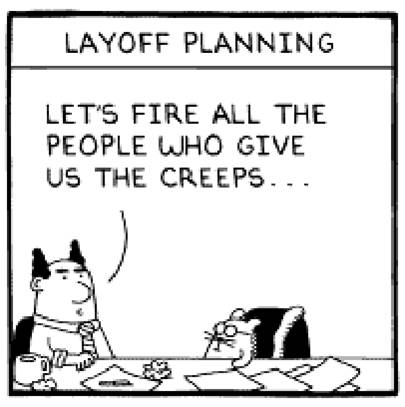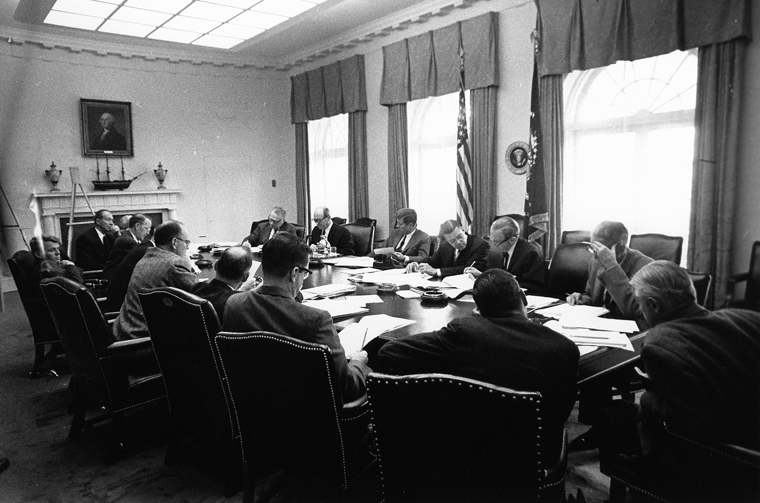
 A colleague just sent me this news story:
A colleague just sent me this news story:
Joel Podolny is the former Dean of the Yale School of Management.
Podolny will be joining Apple Inc. (NASDAQ:AAPL) to become the dean and
VP of Apple University. Podolny worked at Yale for about 3.5 years
before stepping down.
Podolny will be officially leaving his post as dean on November
1st. Podolny will stick around at Yale until the end of the year to
help transition Sharon M. Oster, a teacher that is stepping up as the
interim Dean.
For the rest of the story, go here.
I was a bit shocked to see the above story about Joel, as I knew him quite well during the 15 years or so he was at Stanford (he then went on to Harvard and later to Yale as dean), and I thought he was a lifetime academic. But people change and, for most us, nothing we do is a life sentence unless we are afraid to change. I knew Joel last when he was an Associate Dean at the Stanford Business School, and he was so much better at that job than anyone I have ever seen in a similar role before or since, it was astounding. He was one of the best bosses that I have ever seen in action in any kind of organization. He would do things like just wander around the halls and talk to faculty. I had an office at the business school in those days where I would write and hang out with colleagues like Jeff Pfeffer, Charles O'Reilly, Maggie Neale, but I wasn't one of Joel's "direct reports." My real appointment was and is in the Engineering School, but somehow, Joel would wander in my office a few times a week, ask what I was up to, add his ideas, and always add some encouragement (by contrast, I am not sure that my current direct supervisor has ever been in my office in the engineering school, even after that person has held the job for over 10 years). The amount of affection and respect that Joel's colleagues had for him was something to behold.
One of the main reasons that Joel was so well loved at Stanford is that he is such a great listener and his approach is to listen carefully to what a person needs. It is never about him, and he automatically makes decisions and expresses emotions that are in the best interest of the person in front of him and the institution that he is leading. As a small anecdote about him, and one that shows his wisdom, Joel described to me how he responded when a Stanford faculty member came into his office, threatened to move to another university, and asked for a raise. Joel told me something like, "I always get to the money eventually, but my theory is that when a faculty member is talking about leaving, a big part of it is always that they don't feel sufficiently loved and appreciated, so I start out by telling them how much I love and appreciate them and all the ways that their colleagues appreciate them and respect them. And then after we work through that, I turn to the money. It nearly always turns out that the love and appreciation issue is bigger than the money." I thought that was brilliant and a lesson that bosses is hundreds of occupations can benefit from.
Joel is also someone who is willing to do very creative things….. I won't give you a full list, but as one example, when he was an associate dean at Stanford, he was one of the executive producers of a film about Stanford's James March, a renowned organizational theorist. It is was called Passion and Discipline: Don Quixote's Lessons
for Leadership. And it was Joel's idea to do the film, and he worked with Jim to come up with a concept Jim liked, and then to raise funds and make it happen. Not your usual academic project!
Apple is lucky to have Joel. He is as fine a human being as I have met in academia and the rare wise, compassionate, and action-oriented leader. I suspect that this means he will be moving back to California, which would be nice as I may get to see him now and then.




